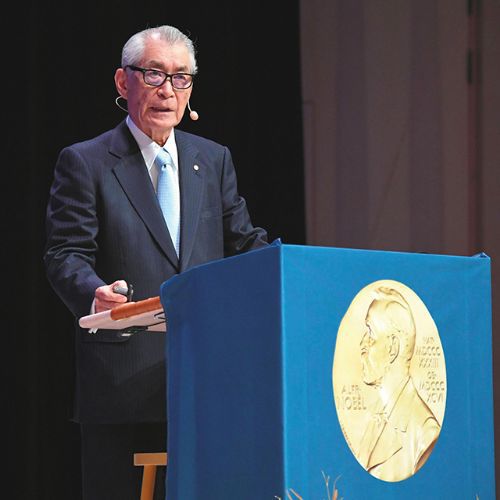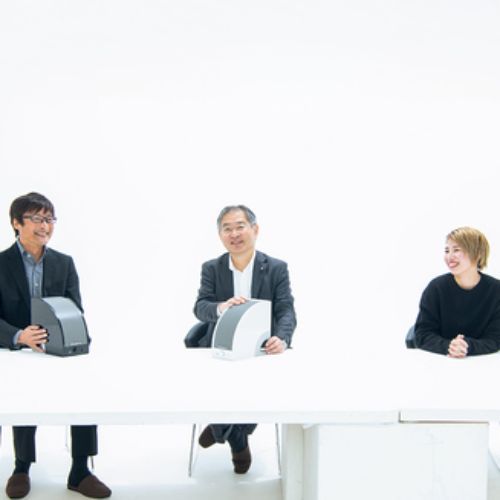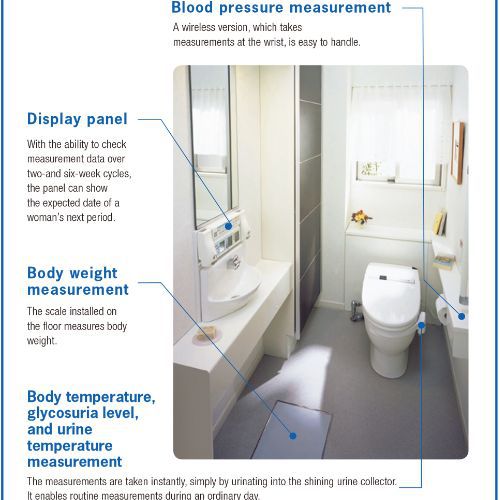The “Mirai Speaker” developed by SoundFun Corporation, a venture in Tokyo, has captured attention for being easy to hear, even for seniors
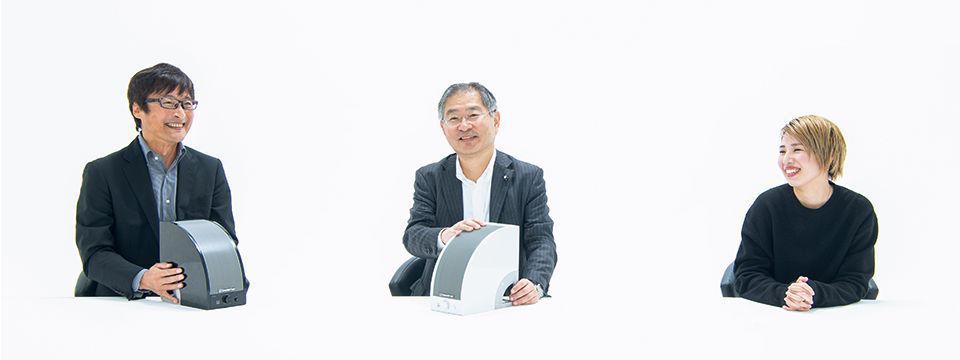
Along with two current Mirai Speaker models in different colors, SoundFun’s president Hiroshi Yamaji, founder Kazunori Sato, and development collaborator Akemi Kumagai. (L to R) https://soundfun.co.jp/
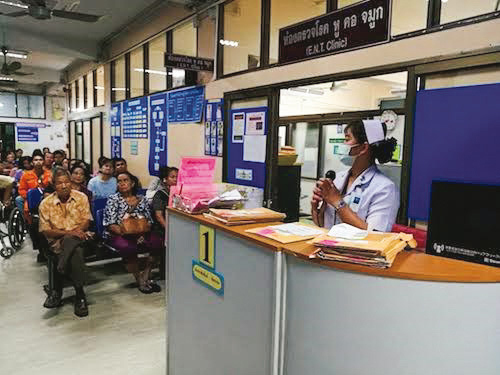
The speaker was introduced on a trial basis at a police hospital in Thailand.
Kazunori Sato‘s invention was a product of fortuity.
Just as he was thinking about doing something for the elderly, including his own father, who are hard of hearing, he had a eureka moment when he learned from an acquaintance that older people can hear better from old-style phonographs with their flared-horn speakers than they can from normal audio speakers.
Focusing on the “bend” in the horn of the phonograph, Sato developed a “barrier-free sound” through trial and error with an engineer, that differs from the concept of conventional speakers to make it more audible to hearing-impaired people. In 2015, the Mirai Speaker was released.
“It sounds completely different” says Akemi Kumagai, a woman with a serious hearing impairment, who collaborated in the development of the speaker and who herself uses it connected to a TV. “Even without raising the volume, the speech sounds impressively clearer, as if it were spoken with emphasis.”
The Mirai Speaker of SoundFun is characterized by the fact that it reproduces speech much more clearly than conventional speakers. Moreover, as the sound attenuation over distance is very small, there is no risk of people’s words being drowned out by surrounding noise even over a wide area.
The secret lies in the curved diaphragm. “Compared with conventional speakers, which use a conical diaphragm that emits sound from a single sound source, the sound, coming out of a curved diaphragm with a curved flat plate, has more energy,” Sato says.
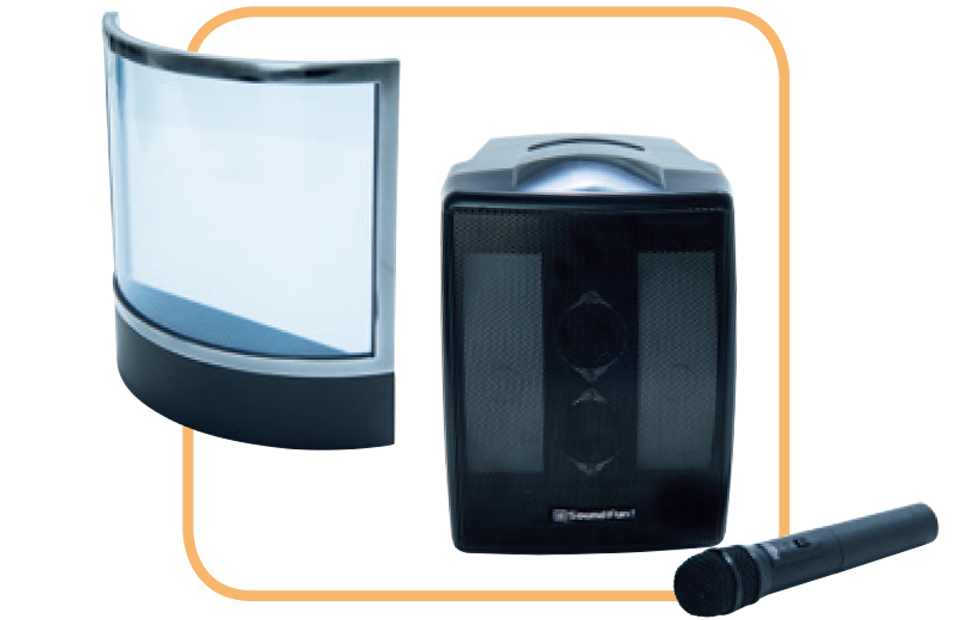
Left: The next-generation Mirai Speaker “Filmo” features superb audibility for seniors and the hearing impaired, and also displays information on a transparent piezoelectric film (Concept model, not for sale).
Right: “Mirai Speaker Moby”, a portable speaker that can be used at disaster sites and elsewhere, will be released early in 2019.
The speakers address the needs of individuals. The company receives many inquiries, especially from people living with their elderly parents. Kumagai says that “when you are unable to hear, you feel down. You give up and lose the will to proactively take on challenges.” The Mirai Speaker has gotten rave reviews from those who have purchased it, such as one person who said “my parents have suddenly become livelier.”
In the words of SoundFun President Hiroshi Yamaji, “It is encouraging to hear that just by being able to hear better, people become more interested in life, and even their facial expressions change, and they become more active.”
The average age of employees at SoundFun is 55, and highly experienced engineers who have reached retirement age elsewhere are energetically working here. They are driven by the desire to help people in need, and every day they enjoy developing things with a sense of purpose.
The corporate philosophy of SoundFun is “making the world happier through sound.” Initially, Mirai Speakers were developed for people with hearing impairments, but as a sound barrier-free speaker, Mirai Speakers can also be used to good effect for announcements at locations such as airports and stations. Yamaji says that he wants to help people around the world through sound after establishing a solid footing in Japan.
According to the World Health Organization (WHO), the number of hearing-impaired people in the world will nearly double to 900 million people by the year 2050, due to the increase in the number of elderly people, etc. [1] When communication becomes impossible due to age-related hearing loss, stress in everyday life increases, which can lead to depression.
The Mirai Speakers of SoundFun will not deliver only sound but also a lot of smiles to such aging societies in the future.
[1] World Health Organization (WHO) “Deafness and hearing loss,” March 15, 2018.

























